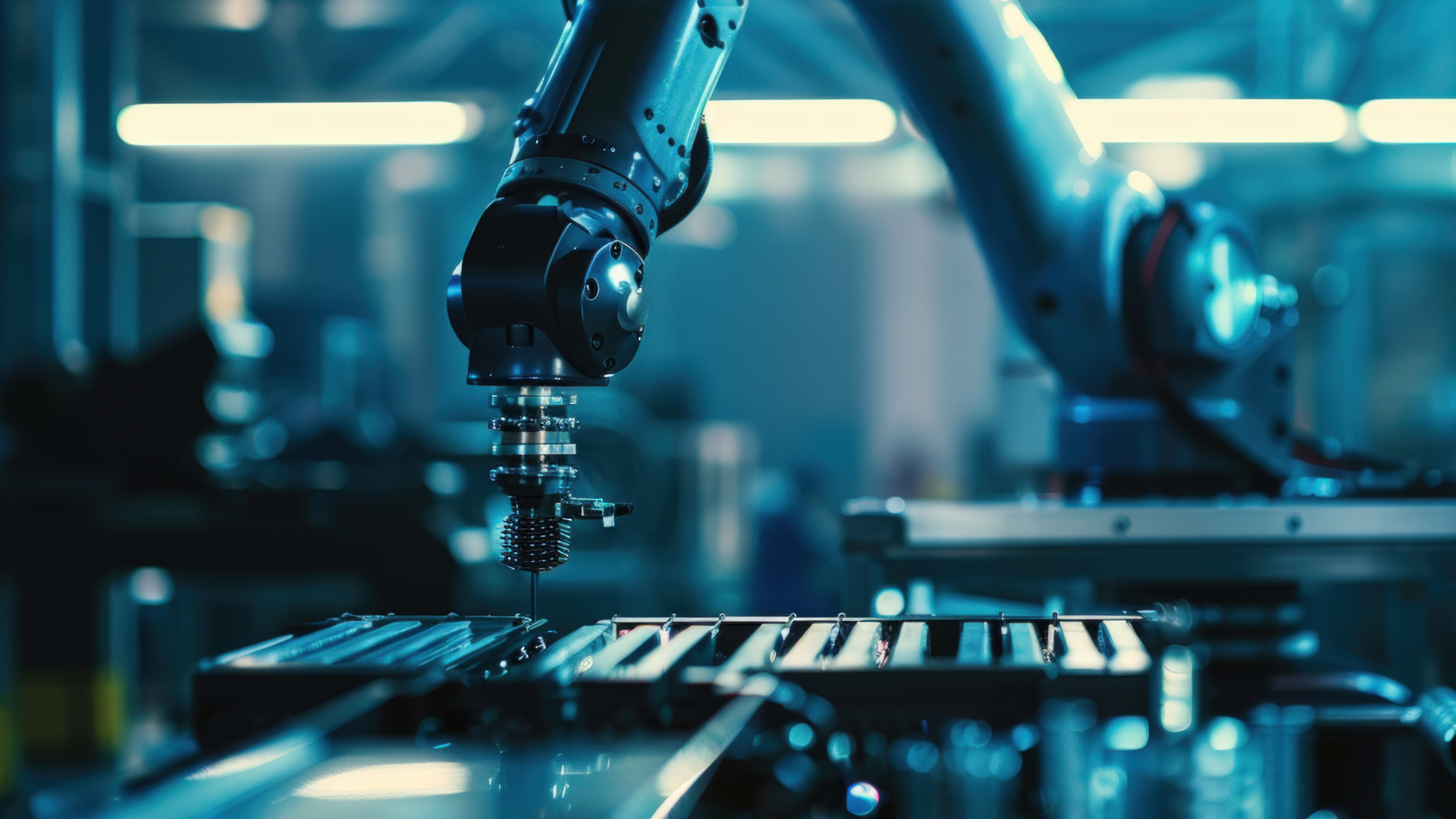Artificial Intelligence: Is it a Force for Good in Business?
AI is a positive disruptor, transforming industries and helping to smooth out customer experiences. But there are some roadblocks when it comes to implementing the technology.

Is artificial intelligence (AI) a force for good or evil?
This was the question posed at Customertimes’ (CT) Innovation Day in Paris earlier in October, where experts came together from diverse industries to examine the role of AI in reshaping the nature of work.
The prevailing consensus?
AI is a positive disruptor, transforming industries and helping to smooth out customer experiences. But there are some roadblocks when it comes to implementing the technology.
Building Trust Among Customers & Employees Around Using AI
Schneider Electric’s Irina Zubova, VP of Digital Sales & Customer Support enablement, shared the company’s journey in implementing AI solutions nearly six years ago.
Zubova’s experiences underscored that a successful AI integration transcends technology; it hinges on human readiness and trust in AI's recommendations.
“We assumed everyone would jump on this opportunity to be guided by AI technology, but at the end we didn’t accommodate the users to trust [the AI] recommendations, and this is the biggest reason for the failure,” Zubova said, referring to an AI-related case used at the company.
Buy-in from internal and external stakeholders is necessary before implementing any type of AI solutions, Zubova said.
Internal engagement emerged as a recurrent theme throughout the discussions.
Experts stressed the pivotal role of employees in the AI journey, emphasizing the need to communicate that AI is a tool, and not a replacement for jobs, even though some automated roles will fall under the purview of AI.
Zubova aded that AI heavily relies on people to ask the right questions, a role AI cannot perform independently.
And when it comes to AI tools, semantics matter. Especially when trying to foster trust among stakeholders the AI tools are intended for.
Zubova said that Schneider Electric launched a virtual agent globally. In France, however, rather than calling it an ‘agent’, the company used the term ‘assistant’.
In a nation with a motto that begins with “liberty,” the term ‘assistant’ comes across as less intrusive & controlling.
“France has had the best results when it comes to the use of this chatbot,” Zubova said.
Addressing fear and habituation around AI was a prominent discussion point, with the principal hurdle often being reluctance from users to adapt to change.
Zubova noted that breaking free from these habits is a challenge. She reiterated the crucial role of change management in guiding users through their transition.
AI in the Realm of Retail Sales
Team members from L'Oréal shared their thoughts around AI's transformative potential in the business world, especially in the enhancement of field sales.
The L'Oréal team revealed how AI could streamline manual processes, ensure transparency, and equip sales representatives with tools to bolster efficiency.
Morgan Marquet, B2B Sales & Retail Execution Product Leader at L'Oréal, underscored the importance of valuable data when using AI tools.
“The first biggest challenge is the quality of data, because if you don’t have the best data, it impacts the results,” Marquet said.
Responsible Use of AI
CT Innovation Day also showcased Microsoft tech specialists, Bachir Kane and Frederic Wickert. They introduced various AI solutions and underlined the importance of responsible AI utilization.
Wickert notes that many organizations are concerned with, for example, ChatGPT sharing company insights and data with larger audiences.
Data security remains a concern for employees and companies that are implementing AI into their businesses.
Nevertheless, AI continues to help with customer experiences at Microsoft, Kane says. And it’s expected to change how sales and marketing departments will function.
Microsoft’s Dynamics 365 for marketing is an example of how AI is helping shift how we work. The end-to-end marketing solution helps with automating email campaigns, and revenue attribution.
And as Kane points out, it’s tools like these that will shift how sales & marketing departments will function in the future—placing the onus of automated tasks on AI rather than people.
Final Thoughts
As CT Innovation Day in Paris showed, the prevailing consensus among experts from various industries is that AI is a positive disruptor, transforming sectors and improving customer experiences.
However, a critical obstacle in harnessing AI's potential is building trust among customers & employees.
Before companies can start using AI, they need to consider human readiness and trust in AI recommendations among stakeholders across organizations.
Buy-in is crucial.
This underscores the pivotal role of employees in the AI journey, with the need to communicate that AI is a tool, not a replacement for jobs.









